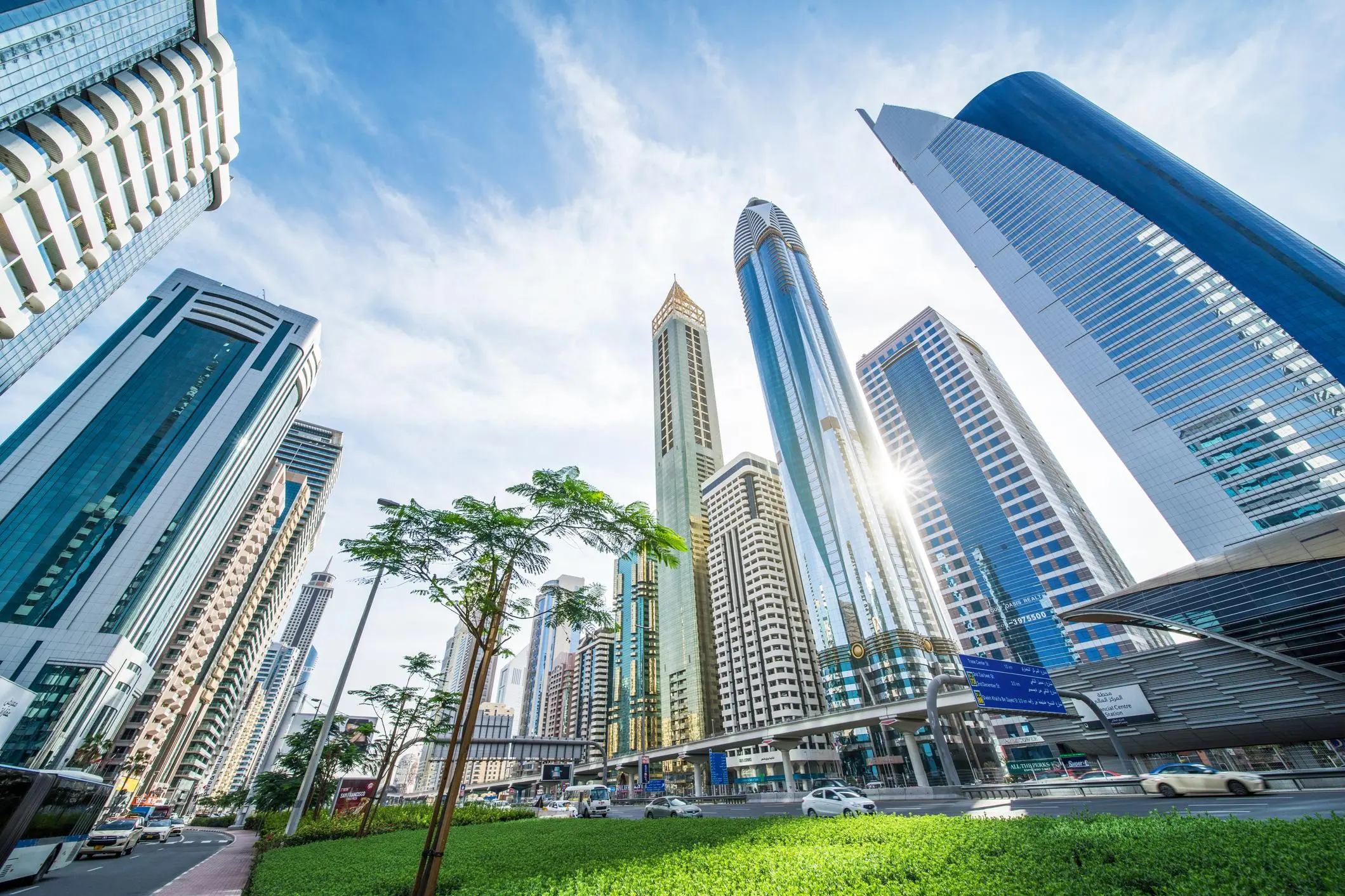PHOTO
It is clear that the coronavirus disease (COVID-19) has changed the international order and, in the process, bruised many great powers, especially the US and China. Looked at from a Gulf perspective, the new world order is shaping up as politically fragmented and economically unstable. Whether that change is temporary or long-lasting depends to a great degree on what those powers, especially the US, do in the coming weeks and months. Gulf states should be prepared for this uncertain reality.
COVID-19 may be the first major crisis in decades where the US took a back seat, chipping away at its leadership role in such events. America’s diminished political influence globally was compounded by questions about its moral leadership, which were provoked by racial tensions and how the government dealt with them. The highly polarized and fiercely contested presidential election of November 2020 means the US government is focused internally until next year. International affairs remain in limbo, awaiting the result of that election. That sense of uncertainty is felt throughout the region, from Afghanistan to Libya.
Adding to the uncertainty is the fact that the world’s multilateral governance system was in disarray even before the onset of COVID-19 late last year. The World Trade Organization (WTO) and other parts of the world order are being paralyzed by a lack of leadership.
This year, there are new questions about how the UN is going to conduct the general debate that takes place annually in New York in the last week of September, at the opening of the General Assembly. Given the health precautions amid COVID-19 concerns, it is hard to imagine many leaders will actually travel to New York for that purpose this year. During that week of high-level discussions, world leaders usually engage in intense debates about global problems and, occasionally, breakthroughs are possible. Even after the leaders depart, ministers and experts stay on until December to work out solutions based on the outcomes of the leaders’ meetings. This year may be the first time in 75 years that this debate is truncated or even canceled. If that happens, solutions to many of the world’s problems may not be found, allowing conflicts to fester.
If the US continues to stay on the sidelines, it is unlikely that any other country will win this round, either because they are unable or unwilling to assume a leadership role, thus accelerating the transition to a multipolar world. The leadership of this new multipolar order will be contested and the rules of the game uncertain.
Unless the US is able to reverse course in the near future, the new geopolitical order will be unstable. It will be difficult for any other country to dominate the new order and there will be multiple poles that could either compete or cooperate.
If the US continues its gradual disengagement from the outside world, its partners need to take this decision into account. When the Obama administration slightly shifted course on Gulf policy during its second term, other powers wanted to fill a perceived security vacuum, but the Gulf Cooperation Council developed its own security architecture instead. The new structure is flexible enough to accommodate any contingencies about reduced outside involvement. It also accelerated efforts toward security self-sufficiency; something the US in particular has encouraged.
On the economic level, a return to the multilateral order is needed. The WTO, World Bank, International Monetary Fund and the UN economic agencies have already developed acceptable rules for the international economic system. It is true that they leave a lot to be desired and that developing countries are under-represented and under-served in some of those organizations, but a gradual reform process has been underway to recalibrate the system and make it more equitable.
The US has also complained that the system was skewed, but it was the main architect of the international economic system and, as such, is best placed to correct the system from within. The outdated methods of high tariffs and arbitrary quotas that are imposed by several major economies have undermined the WTO. The old ways of “beggar thy neighbor” were proven a long time ago to be counterproductive.
The GCC economy is dependent on a prosperous world economy. Demand for the region’s main exports — oil, gas, energy-intensive petrochemicals — is contingent on healthy growth rates. GCC companies thrive in a system governed by consistent and predictable rules and they have suffered from the weakened multilateral system. Several countries, including some of the GCC’s closest partners, were motivated by economic nationalism and, during the global slowdown, have imposed hefty tariffs on GCC exports, especially steel, aluminum, petrochemicals and chemicals. Those restrictions were imposed unilaterally under different pretexts, instead of resorting to the WTO and its dispute resolution mechanisms.
- Abdel Aziz Aluwaisheg is the Gulf Cooperation Council’s assistant secretary-general for political affairs and negotiation, and a columnist for Arab News. The views expressed in this piece are personal and do not necessarily represent those of the GCC. Twitter: @abuhamad1
Copyright: Arab News © 2020 All rights reserved. Provided by SyndiGate Media Inc. (Syndigate.info).





















